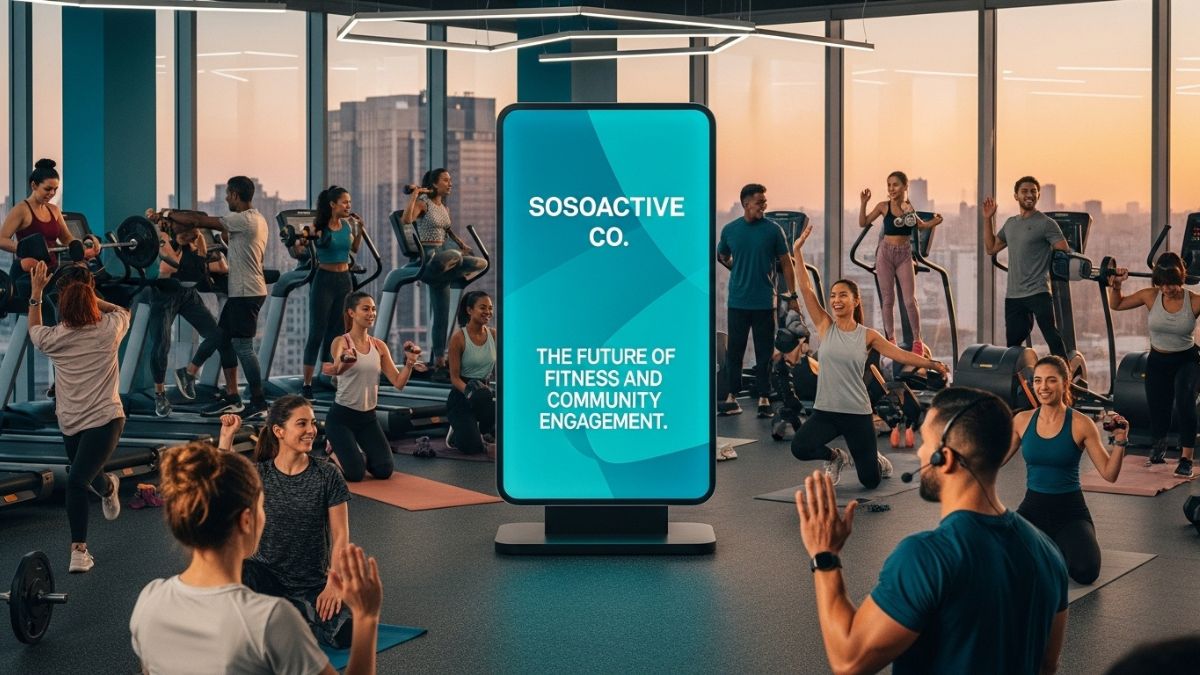Imagine a police officer answering a call for a domestic disturbance. What if that officer understood how mental health affects behavior? Instead of only enforcing the law, they could help calm the situation in a safe and caring way.
This is why mental health training for police officers is becoming more important every year. By learning skills from mental health care and even telehealth, officers can be better prepared to help people in crisis. Keep going to unlock the full potential of this idea.
Growing Need for Mental Health Knowledge
Mental health problems are common. Many adults deal with some form of mental illness each year. With so many people affected, police officers are often the first to respond when someone is in a mental health crisis.
Sometimes, these calls can become dangerous if handled the wrong way. If officers do not understand mental health issues, they may use force or arrest someone who actually needs medical help. This can make the situation worse for everyone involved.
With better training, officers can learn how to handle these calls safely and respectfully.
How Training Helps Officers and Communities
When officers learn about mental health, they gain new skills that help them do their jobs better. First, they become more comfortable talking to people in distress. They also learn how to use calming words and actions to keep situations from getting worse.
Police officers trained in mental health are less likely to use force. They are better at recognizing signs of mental illness and knowing how to respond without causing harm. This helps build trust between the police and the people they serve.
When the community sees officers acting with care and understanding, people feel safer and more willing to ask for help when needed. Officers also benefit on a personal level. Learning about mental health can help them care for their own well-being.
Police work is very stressful, and many officers struggle with stress, anxiety, or depression. Training helps them understand their own emotions and find healthy ways to cope.
Challenges to Making Training Happen
Even though mental health training is helpful, not all police departments have the resources to offer it. One problem is money. Many departments have tight budgets and must choose how to spend limited funds.
Because mental health training doesn’t always show quick results, it can be pushed aside in favor of equipment or traditional training. Another problem is changing old ways of thinking. Some officers may not believe mental health training is necessary or may feel it makes them seem weak.
Shifting the culture of a police department takes time and leadership. But with the right support, real change is possible.
What Good Training Looks Like
Mental health training must be realistic and hands-on to be useful. Officers should practice responding to real-life situations. They can take part in role-playing exercises that show them how to handle different types of mental health crises.
It also helps to bring in professionals to teach these lessons. These experts can explain how different conditions affect behavior and how to respond with care and understanding. When officers hear directly from professionals, they learn better and feel more confident in what they are being taught.
Training should also be ongoing. Mental health care is always changing. New research and treatments are developed every year. Officers need to keep learning so they can stay up to date and use the most effective techniques in the field.
Using Technology to Support Officers
Today’s technology also offers new ways to support mental health in law enforcement. From mobile apps to virtual consultations, digital tools are making mental health support more accessible than ever.
One important tool is telehealth psychiatric care. With telehealth, officers can speak with mental health professionals in real-time, even while out in the field. This means they don’t have to handle every situation alone.
Telehealth can be especially helpful in rural areas where there may not be many mental health services nearby. It also makes it easier for officers to get advice when they need it most. With fast access to expert help, they can make better decisions and provide safer, more thoughtful care.
Looking Toward the Future
In the years ahead, it’s important that mental health training becomes a national priority for law enforcement. Leaders at every level, from local police chiefs to federal policymakers, need to support programs that teach officers how to respond to mental health crises.
This support should include funding, proper staffing, and time set aside for training. Departments should also ask for feedback from the community and from the officers themselves. Listening to others helps ensure the training is working and meeting real needs.
It’s also key to measure the results. Are there fewer arrests of people with mental illness? Are fewer people being hurt during police calls involving mental health? Tracking this information helps departments know if the training is making a difference.
Working With the Community
For mental health programs to work well, police must work closely with the communities they serve. Community members can help by supporting mental health training and speaking up about what they need.
Hosting town halls, open forums, and public workshops gives everyone a voice, helping build trust and cooperation. Mental health groups can also partner with police to share knowledge and resources. Together, they can ensure people get the right care at the right time.
When the public sees that police care about mental health, it encourages people to reach out for help before problems turn into emergencies.
Building a Safer, More Caring Future
When police officers are trained to understand mental health, everyone benefits. Officers feel more confident and safe in their work. People in crisis are treated with respect and care.
The road to better mental health care in policing starts with awareness and education. By making training a part of every officer’s career, we build a future where law enforcement is not just about control but compassion, care, and connection.
Discover more on this topic and beyond. Check out our blog today!















